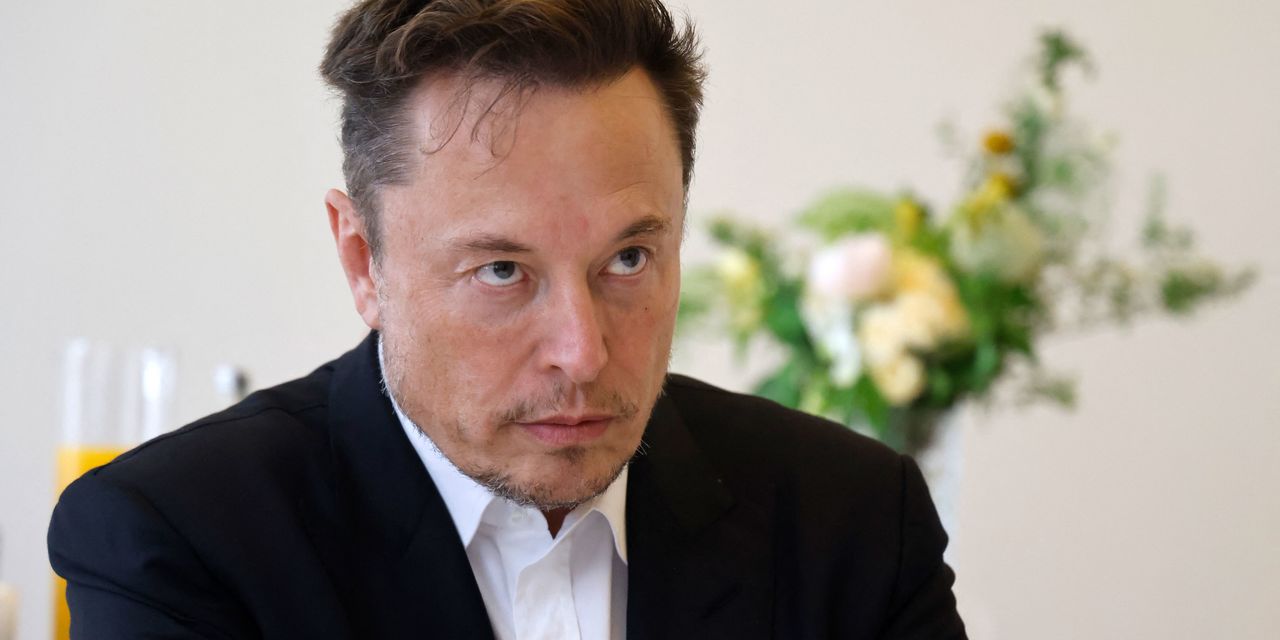Twitter is worth about one-third of what billionaire Elon Musk paid for it last year, American financial services corporation Fidelity says.
That overall valuation comes from Fidelity, which estimated that its share was worth only $6.6 million as of April 28, the company’s monthly disclosures show — down from $19.7 million last October. The filing did not specify why Fidelity drastically lowered its valuation of Twitter, which is now technically called X Corp.
Musk bought the social-media company late last year for $44 billion (after failing to back out of the deal), and has claimed Twitter wasn’t making money.
The Tesla
TSLA,
and SpaceX CEO admitted that he paid too much for Twitter last October, while adding the company had “incredible potential.”
“Although obviously, myself and the other investors are obviously overpaying for it with Twitter right now,” he said.
A leaked Musk email earlier this year also stated that Twitter was worth under $20 billion in March, or less than half of what he paid for it five months earlier.
Per Musk’s new media-relations policy, Twitter replied with a poop emoji when emailed by MarketWatch.
Twitter has had major financial issues since Musk’s bought the company. In 2021, a year before Musk’s takeover, 90% of Twitter’s revenue came from advertising. And Twitter’s adjusted earnings and total revenue dropped roughly 40% on a year-over-year in December, according to a Wall Street Journal report.
Musk is likely hoping that newly minted CEO Linda Yaccarino, a former advertising executive for NBCUniversal, can help restore some of the company’s advertising connections.
MarketWatch First Take: Elon Musk’s new Twitter CEO faces uphill battle as ‘a textbook case of the glass cliff’
Twitter has also been unable to escape controversy in recent months. Musk has laid off more than 80% of the company’s workforce, inaccurately named news outlets as “state media,” and removed legacy blue verification badges.
Instead of those badges, Musk moved in favor of Twitter Blue, a subscription service that less than 1% of monthly active users pay for as of April, according to Bloomberg.
Some critics believe the lack of a thorough verification process subjects Musk-era Twitter users to increased misinformation and impersonation, something that happened this week with an account impersonating Rep. Alexandria Ocasio-Cortez. The account Ocasio-Cortez is referencing subscribes to Twitter Blue, and Musk replied to one of its tweets.
Don’t miss: Tesla must address this question on its path to dominance, Barclays says
Read the full article here



